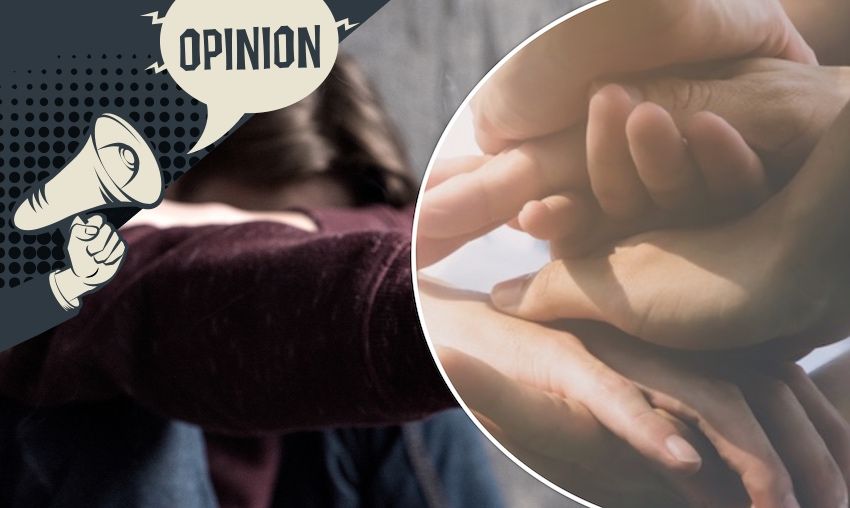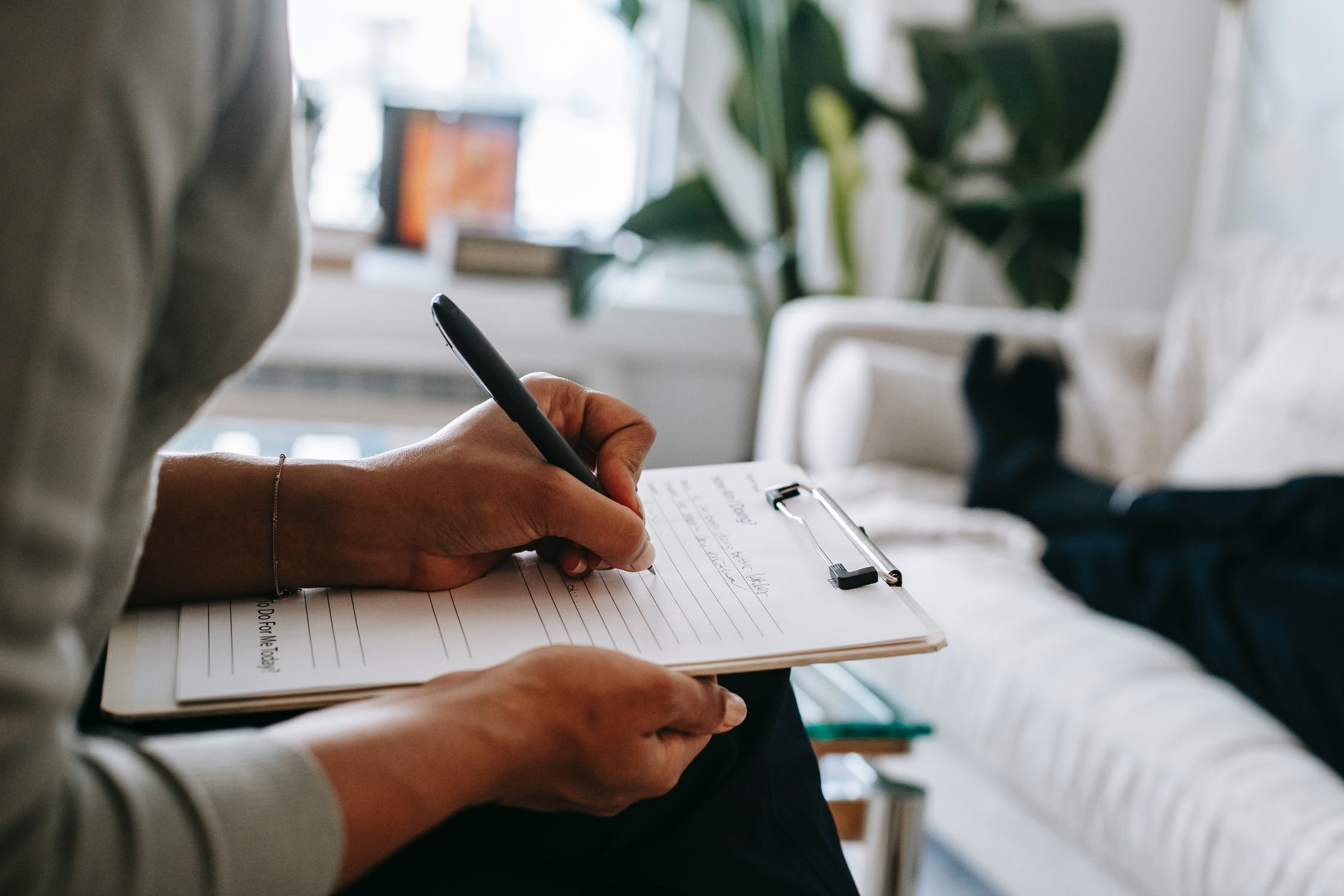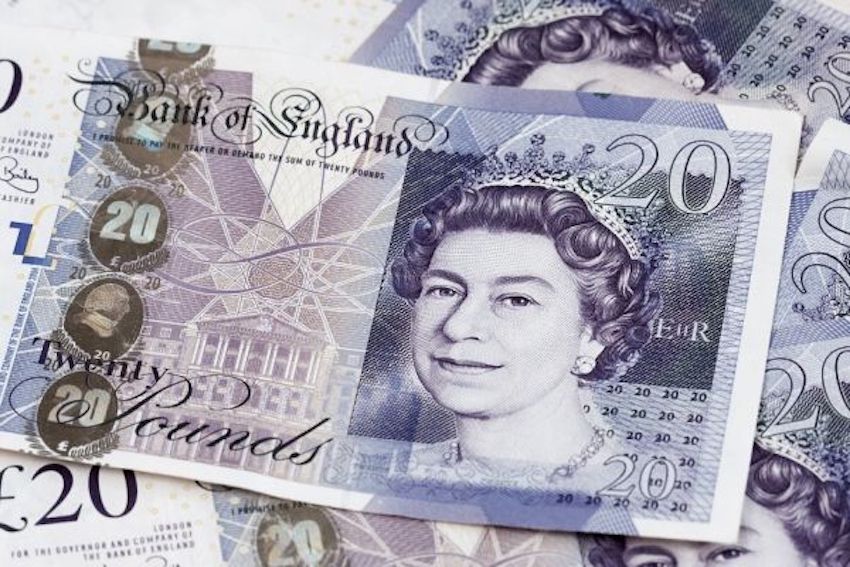


Around one in four islanders will experience poor mental health at some point in their lives - and research suggests it's those already struggling with their health or low incomes that are most likely to suffer.
On World Mental Health Day today, whose theme this year is 'Mental health in an unequal world, Jersey Recovery College Service Manager Dreena Collins explains why opening up opportunities for islanders of all demographics to learn about mental health is so important...
It is well-recognised that just as we have physical health, we all have mental health. Approximately one in four of us will experience a mental health difficulty during our lifetime
The Mental Health Strategy for Jersey (2016) noted that this means 21,000 people in Jersey may experience difficulties at some point.
21,000 people would exceed the capacity of the O2 Arena.
21,000 people is more than 10 times the population of Alderney.

Pictured: "I believe that everyone needs to learn about mental health, and the tools that might improve their own wellbeing."
Even if we do not personally experience difficulties – or even if these actual number is less - these people will number amongst our friends, family, and colleagues. Those we love. As such, we are all impacted, to a lesser or greater degree.
Today is World Mental Health Day, and the theme is ‘Mental Health in an Unequal World’.
While mental health difficulties cut across all sectors, ages, genders, ethnic backgrounds, there are several characteristics that increase the chance of someone developing them.
For example, people with chronic health conditions are, unsurprisingly, likely to have a lower ‘wellbeing’ score than those without. And our circumstances may change over time, moving us in and out of an increased risk of mental health difficulty, as our age, physical health, identity, and other elements of ourselves evolve.
Globally, there are also several factors that cause inequality of access to services for different demographic groups.
People with a lower income are more likely to experience mental health difficulties – for a raft of complex issues – but may also have the greatest challenges in accessing services (anticipated expenses of accessing care, or location, for example). Financial pressures can themselves create or exacerbate mental health difficulties, creating a spiral of concerns.

Pictured: "Financial pressures can themselves create or exacerbate mental health difficulties, creating a spiral of concerns."
Likewise, people with a disability may have accessibility challenges (physical access or sensory needs), while those with chronic health conditions may not be well enough – the examples are endless. Sadly, the very factors that can contribute to mental health difficulties can also become insurmountable barriers to support.
It is a challenge for all societies to ensure that those who are most vulnerable can receive equitable access to services.
Thankfully, we now have some excellent self-referral, free-to-access mental health organisations on island. The Listening Lounge and Liberate offer free counselling, Jersey Talking Therapies accept self-referral, the Samaritans offer a free service, among others. Mind Jersey and Jersey Eating Disorders Support both provide free peer support, and Jersey Recovery College offers free education.
And free education is key. I trained as a teacher and have seen first-hand the power of education to positively impact on lives – providing opportunities, lifting self-esteem, improving life-chances. Feelings of achievement and success are ‘protective factors’ that help to improve our resilience.
I believe that everyone needs to learn about mental health, and the tools that might improve their own wellbeing. A lack of knowledge and personal agency are also significant contributing factors to inequality in mental health.
Clearly, some people will experience devastating life events, or difficult psychiatric illnesses, that need a multi-factor approach. However, education has a role in providing feelings of hope, and in empowering people to be able to make choices: important aspects of a journey to recovery.
Everyone has the capacity to learn, to make progress, even if we do so at vastly different rates. A period of difficulty should not automatically limit or label us. As Matt Haig says: "mental health [difficulties] don’t define who you are. They are something you experience. You walk in the rain, and you feel the rain, but, importantly, you are not the rain.”
Equally, a better-informed society helps with de-stigmatisation. Many fears and prejudices simply come from ignorance – which in turn creates a further barrier. We can fight this with education.
And the cost? Alarmingly, people with severe difficulties die, on average, 20 years earlier than the general population. From a pragmatic perspective, we need people with mental health difficulties to access support, services, and tools, to enable them to contribute to society – to be productive citizens, and active members of our community.
But much more importantly, from a human perspective, we must provide equitable opportunities to grow and learn about mental health because this is the compassionate thing to do. To treat all people with dignity, at all times.
After all, in the future, you may find yourself needing that very same support and understanding.
Focus on Mental Illness - support for those with more severe mental illness and their families
Jersey Eating Disorders Support - support for those affected by eating disorders and their friends and families
Jersey Recovery College - free training and education for people experiencing poor mental health and those who support them
Liberate - free counselling to anyone from a minority group experiencing poor mental health
Listening Lounge - free counselling to support islanders with their wellbeing, operates 10:00 to 22:00
Mind Jersey - free support and advice on taking care of your mental health, and that of friends and family
Samaritans - free phone support service for islanders to discuss anything that's troubling them (116 123)
YES Project- information, advice and counselling for 16 to 25-year-olds, open 12:00 to 20:00 every day
Comments
Comments on this story express the views of the commentator only, not Bailiwick Publishing. We are unable to guarantee the accuracy of any of those comments.